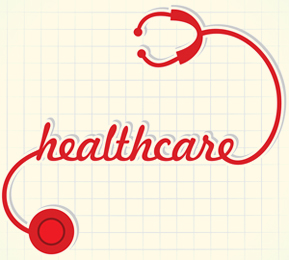How safe is a central storage system for patient medical records? This thought must surely be doing the rounds in the minds of physicians and patients alike. The U.S. government’s efforts to establish improved safety and connectivity for patient healthcare information by 2015 naturally require a central storehouse to safely store all patient data. The concept is definitely an ideal one and should work in a Utopian system, but how practical and safe is it in the world we inhabit?
The merits of the system:
- The entire medical history of a patient irrespective of his/her location will be available to physicians and other healthcare professionals. Everything – information about allergies, surgical history, medications and more will be easily accessible.
- The system is an excellent way to provide coordinated care.
- Expected to improve healthcare services.
The concern here, as mentioned at the outset, is safety. A central storehouse is a treasure trove for a miscreant. In the event of hacking, the data leak would be phenomenal and uncontrollable. Sensitive information could be sold, modified or erased by profit-making and twisted minds. Individuals may be targeted and exploited if personal information falls into the wrong hands. When all data is centralized, there is also the concern about loss due to some inadvertent cause. Will the government have an effective backup system that is foolproof?
And, what about the computer system itself? With healthcare providers, employers, insurers, the government, financial institutions, marketers, data miners and debt collectors trying to access the system, will it have the capability to hold on without crashing?
There is also the danger of errors such as misdiagnoses or inadequate diagnoses propagating unrestrained in records stored in a central storage system. This is especially with regard to healthcare establishments where physicians may be under tremendous pressure to attend to a large number of patients.
Experts opine that the government would do well to prescribe national standards for the EMR, and necessary rules and protocols, and monitor it carefully instead of establishing an actual computer system to store the records. This should definitely prove to be more economical than the present strategy.



